Key events
Pentagon chief Pete Hegseth will hold a press conference on Monday morning about the joint US-Israeli military campaign against Iran, the first by a senior…
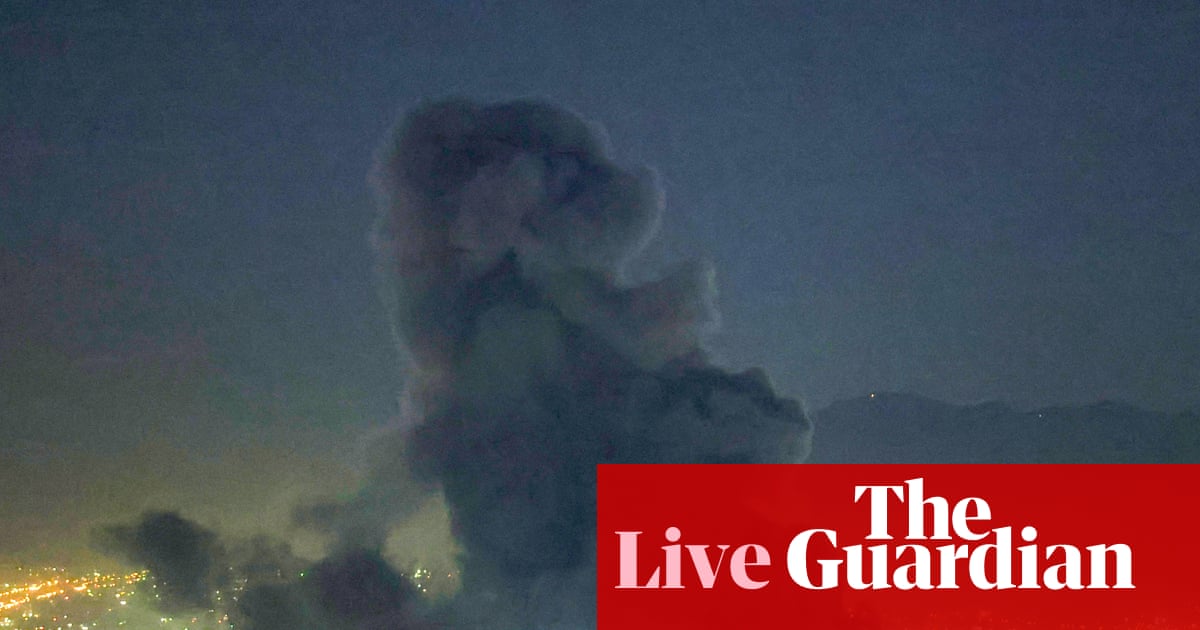
Key events
Pentagon chief Pete Hegseth will hold a press conference on Monday morning about the joint US-Israeli military campaign against Iran, the first by a senior…
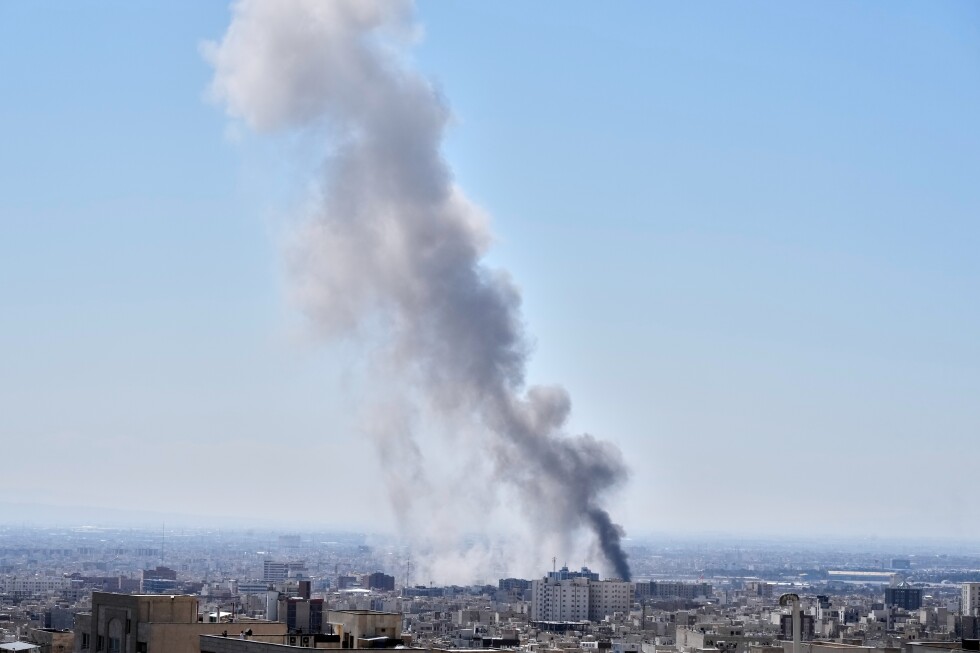
DUBAI, United Arab Emirates (AP) — The U.S. and Israel pounded targets across Iran on Sunday, dropping massive bombs on its ballistic missile sites and wiping out warships as part of an intensifying…

Donald Trump recorded a new video address on Sunday, vowing to avenge three American deaths after the joint US-Israeli strikes on Iran and accusing the Iranian regime of “waging war against civilization itself”.
The US president addressed the…
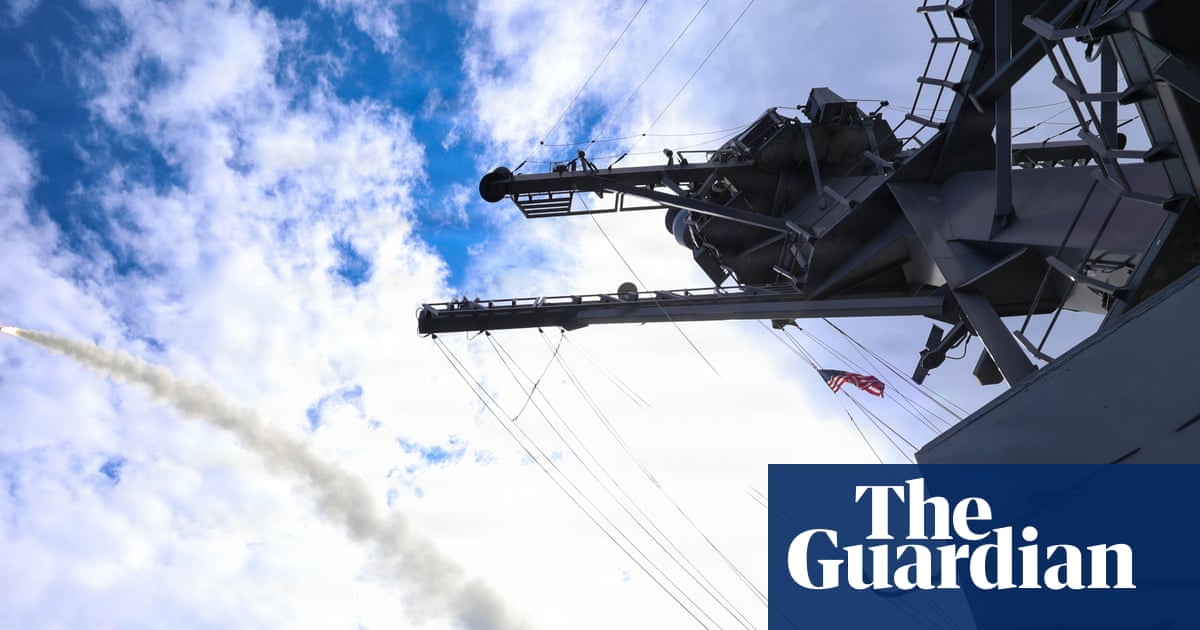
Three US service members have been killed in action as part of US military operations against Iran, the US Central Command said in a statement on Sunday. These are the first confirmed deaths since the US began launching strikes against Iran on…

Israel has carried out heavy airstrikes on the Hezbollah-dominated southern suburbs of Beirut after the Iran-backed Lebanese group launched missiles and drones towards Israel in retaliation for the killing of Iran’s supreme leader, Ali…
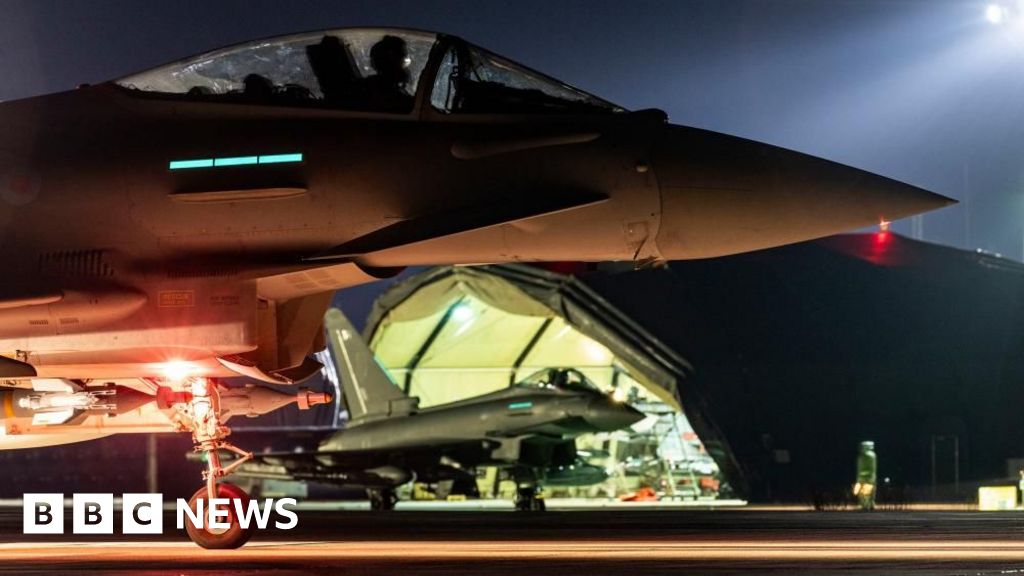
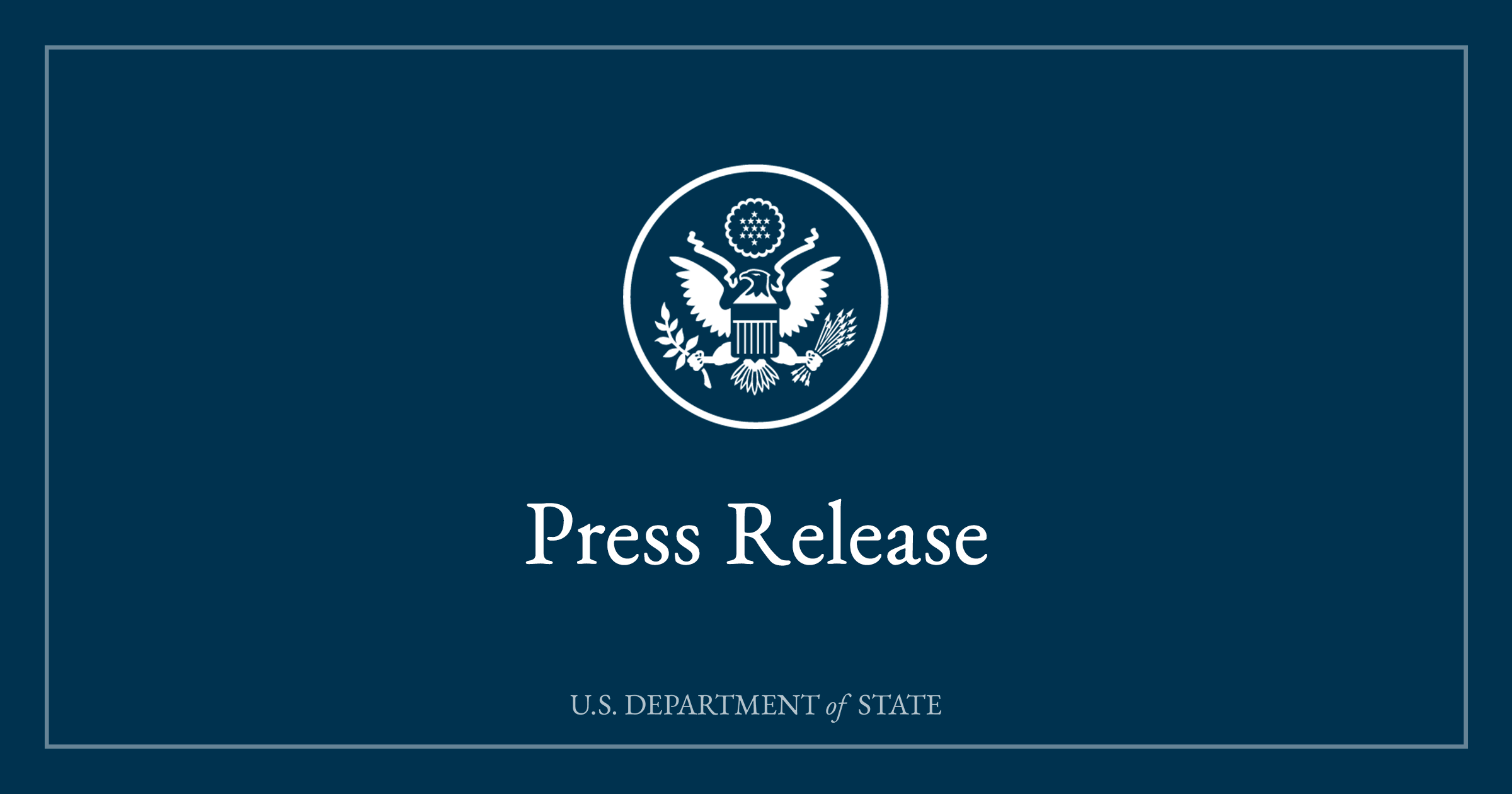
The text of the following statement was released by the Governments of the United States of America and Bahrain, Jordan, Kuwait, Qatar, the Kingdom of Saudi Arabia, and the United Arab Emirates on the occasion of recent missile and drone attacks…
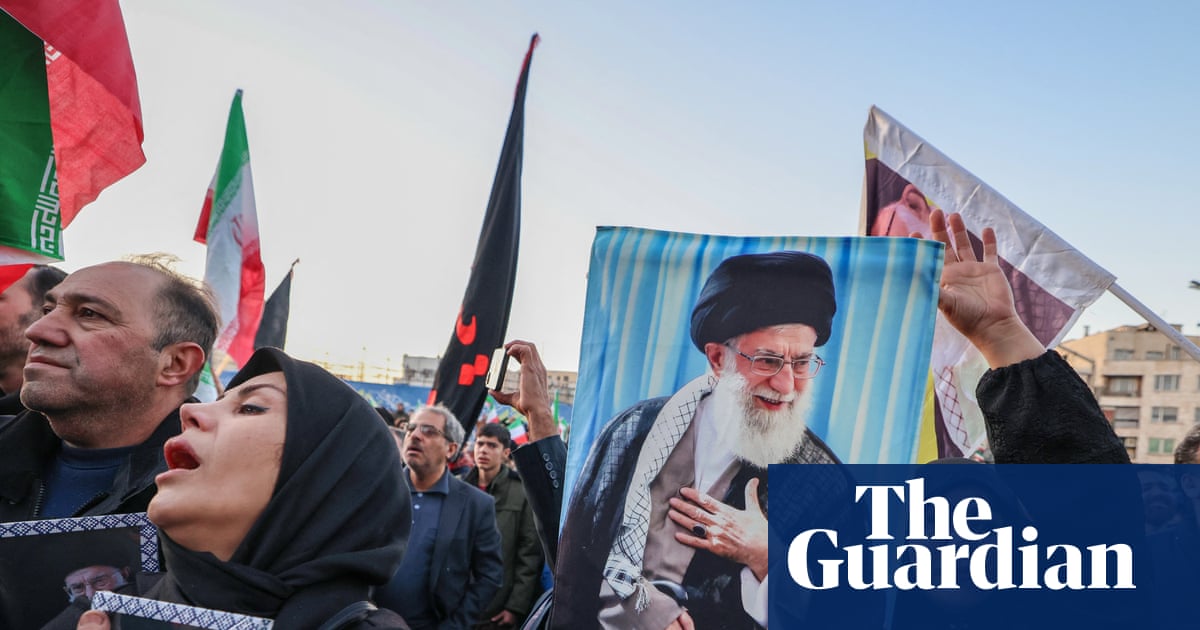
Celebration and mourning broke out across Iran in response to the death of the supreme leader, Ayatollah Ali Khamenei, in an extraordinary public response to the end of nearly four decades of the top cleric’s rule.
In the squares of Tehran,…
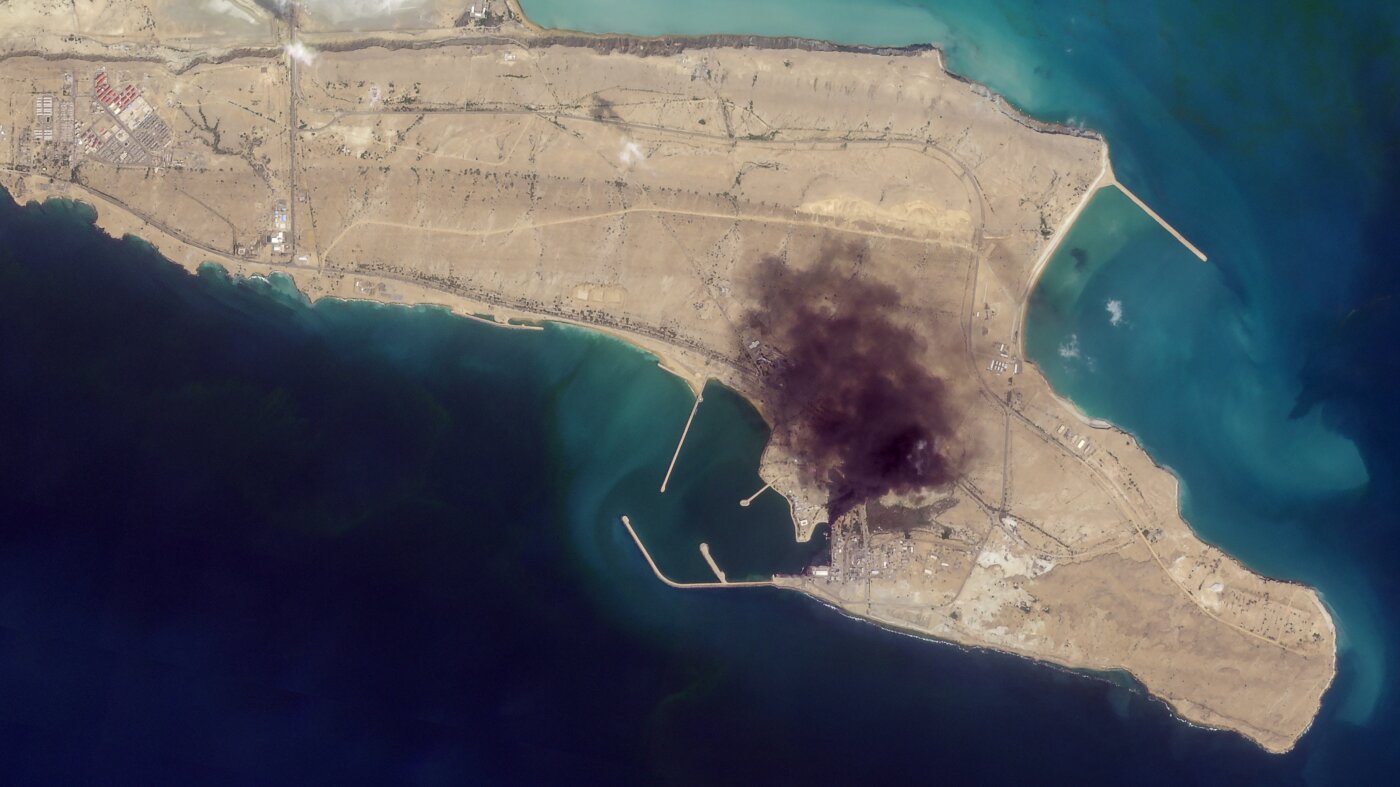
Smoke rises over Konarak naval base in southern Iran on Sunday. The base was one of hundreds of targets of U.S. and Israeli…
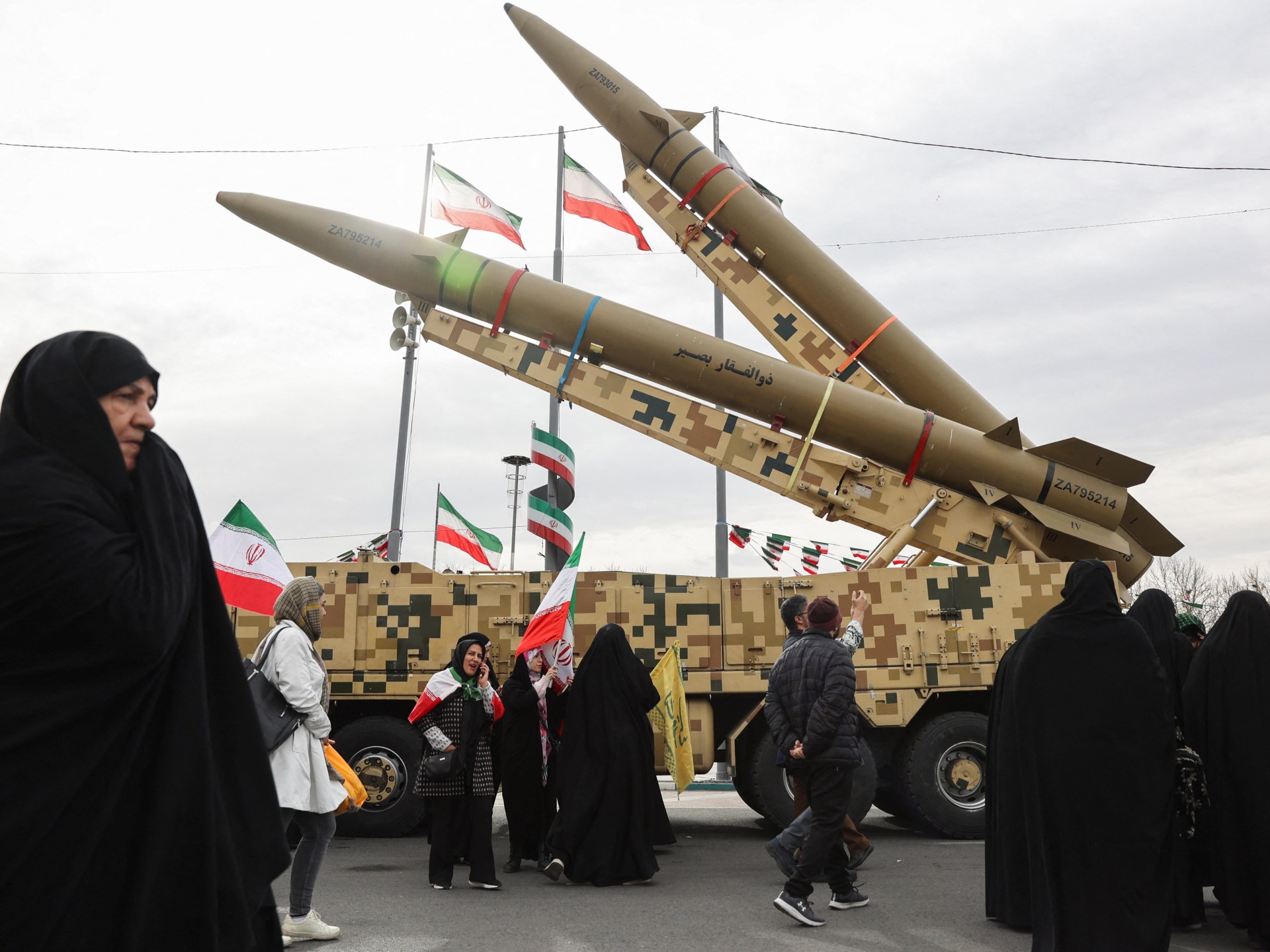
After the United States and Israel launched joint strikes on Iran on Saturday, killing Supreme Leader Ayatollah Ali Khamenei and several senior officials, Tehran moved quickly to respond.
Iran said its retaliation targeted Israel and US-linked…